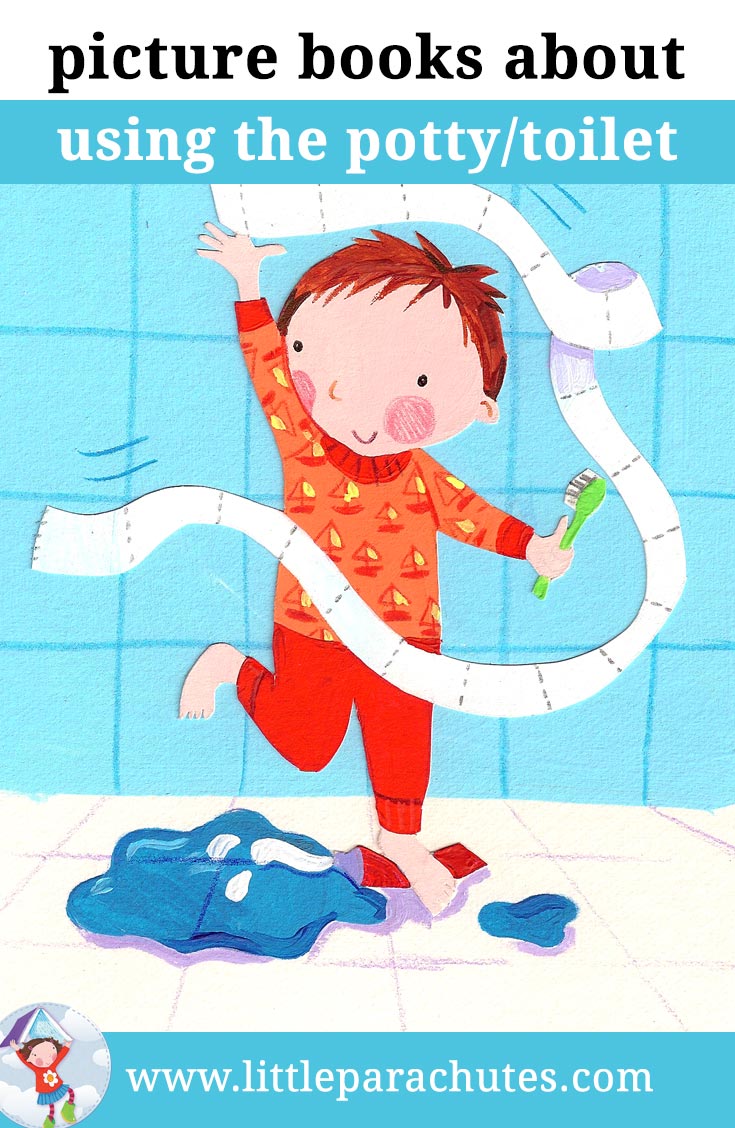

They may have superstitions about certain numbers, colors, or arrangements.

Usually, compulsions are performed in an attempt to make obsessions go away.

Unfortunately, these obsessive thoughts are often disturbing and distracting.Ĭompulsions are behaviors or rituals that you feel driven to act out again and again. You don't want to have these ideas, but you can't stop them. Obsessions are involuntary thoughts, images, or impulses that occur over and over again in your mind. To deal with an anxiety disorder, you might need to practice gradually facing your fears, whereas with OCD, it’s also important to address the compulsive behavior.Īffiliate Disclosure OCD obsessions and compulsions You may respond by avoiding the source of your fear, but won’t use odd rituals to ease your distress.Ĭertain interventions for OCD and anxiety disorders can also differ. With anxiety, though, you're more likely to ruminate over real-world concerns, such as a fear of being mocked or judged. You may or may not realize that your thoughts and compulsions, such as excessive hand washing, are irrational. For example, with OCD you respond to unwanted thoughts with repetitive, unhelpful rituals. The change was made after researchers noted important differences between OCD and anxiety disorders. However, in the fifth edition, the DSM separated OCD from the “Anxiety Disorders” section and created a new section called “Obsessive-Compulsive and Related Conditions.”
#Worry stops when tidiness starts manual#
Historically, OCD was categorized as an anxiety disorder in the Diagnostic and Statistical Manual of Mental Disorders (DSM).
#Worry stops when tidiness starts free#
But while it can seem like there’s no escaping your obsessions and compulsions, there are plenty of things you can do to break free of unwanted thoughts and irrational urges and regain control of your thoughts and actions. You may try to avoid situations that trigger or worsen your symptoms or self-medicate with alcohol or drugs. While you don’t derive any sense of pleasure from performing these repetitive behaviors, they may offer some passing relief for the anxiety generated by the obsessive thoughts. For example, you may check the stove 20 times to make sure it’s really turned off because you’re terrified of burning down your house, or wash your hands until they’re scrubbed raw for fear of germs. Like a needle getting stuck on an old record, OCD causes the brain to get stuck on a particular thought or urge. If you have OCD, you probably recognize that your obsessive thoughts and compulsive behaviors are irrational-but even so, you feel unable to resist them and break free. OCD is characterized by uncontrollable, unwanted thoughts and ritualized, repetitive behaviors you feel compelled to perform. But if you suffer from obsessive-compulsive disorder (OCD), obsessive thoughts and compulsive behaviors become so consuming they interfere with your daily life. It’s normal, on occasion, to go back and double-check that the iron is unplugged or worry that you might be contaminated by germs, or even have an occasional unpleasant, violent thought. What is obsessive-compulsive disorder (OCD)? Anxiety Obsessive-Compulsive Disorder (OCD) Are obsessive thoughts and compulsive behaviors interfering with your daily life? Explore the symptoms, treatment, and self-help for OCD.


 0 kommentar(er)
0 kommentar(er)
